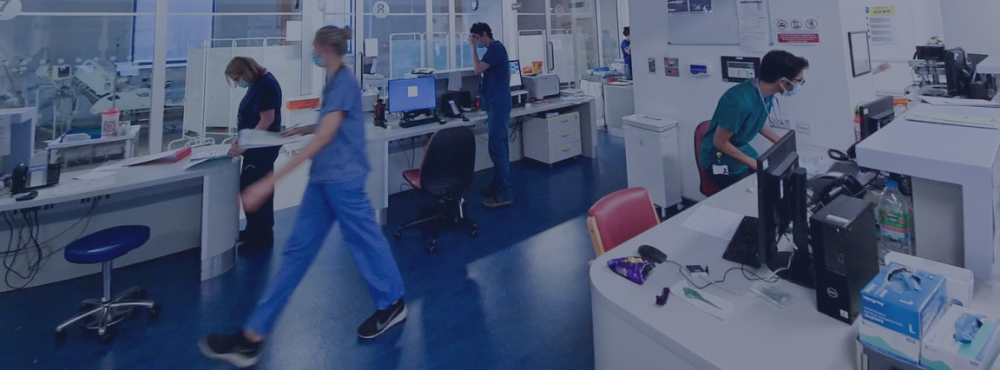If you become ill or injured and need medical help or advice, choose well by using the right health service for your needs.
Play your part help our Health and Care Service
Please choose the service most appropriate for your symptoms
Self Care – to treat an ache, pain, upset stomach, cough or cold, get plenty of rest, take simple pain killers if needed and use over-the-counter medicines.
Your local pharmacist – they are there to give confidential, expert advice and can treat a number of minor ailments such as aches and pains, skin conditions, allergies, eye conditions or upset stomach and emergency contraception.
Your GP – they will give expert medical advice and diagnosis, referring you for further care or consultation as needed
Primary Eyecare Assessment and Referral Service – treats sudden eye conditions such as red eyes, sudden reduction in vision, eye pain or a foreign body in the eye. More information
Mental Healthcare – if you are experiencing mental health difficulties there are a range of services available to help you. More information
Emergency Dental Treatment – if patients have an urgent dental need then they can follow the advice on the HSC website
Minor Injuries Unit – treats injuries that are not life threatening such as broken bones, sprains, minor scalp wounds and suturing of minor wounds. Our Minor Injuries Unit is available in:
Emergency Department – provides the highest level of emergency ease for patients, especially those with acute illnesses or trauma, such as heart attacks, stroke, serious accidents or head injuries. Call 999 when there is a risk to life or serious injury.
Your support in choosing the service most appropriate for your symptoms is vital at this critical time

